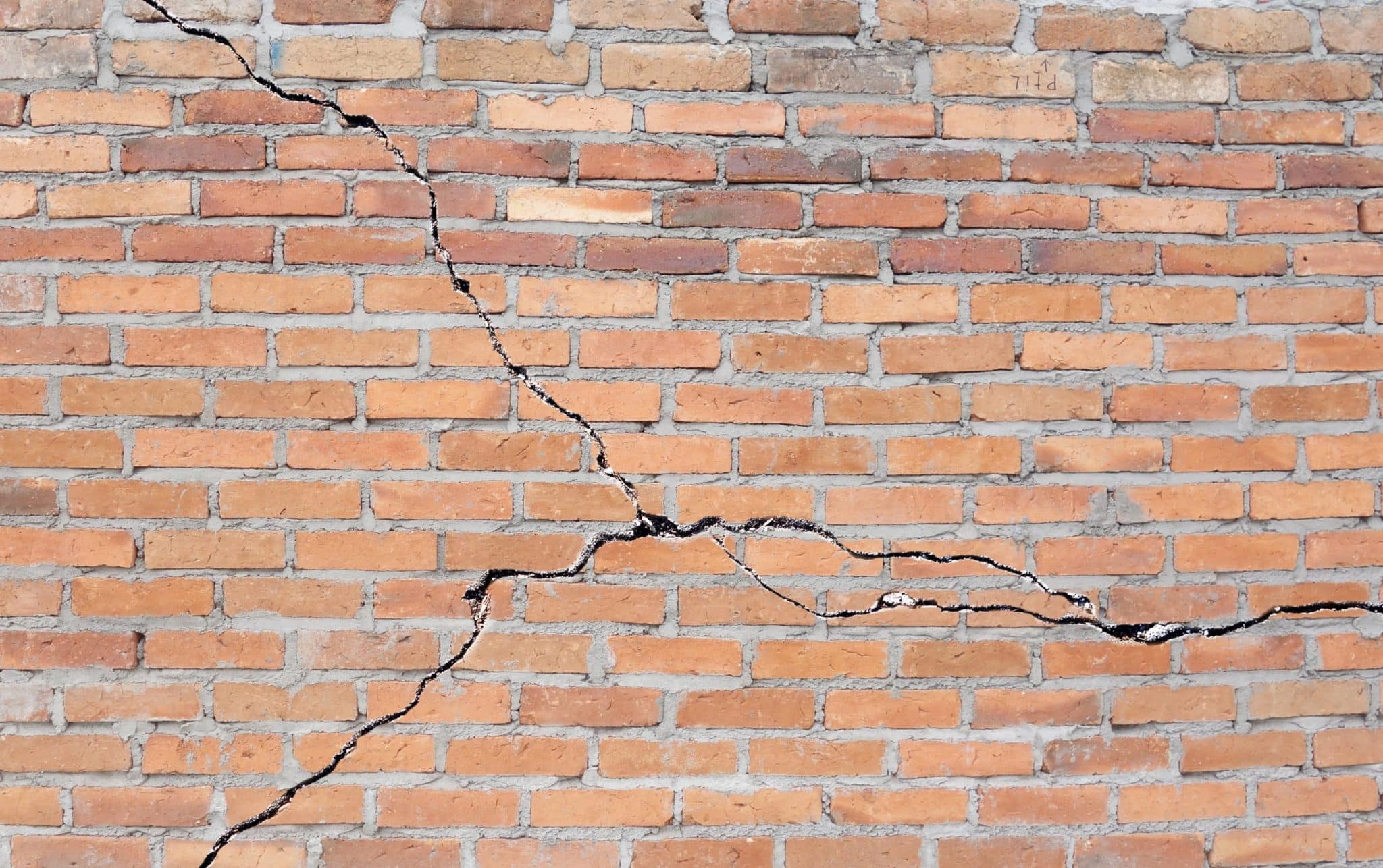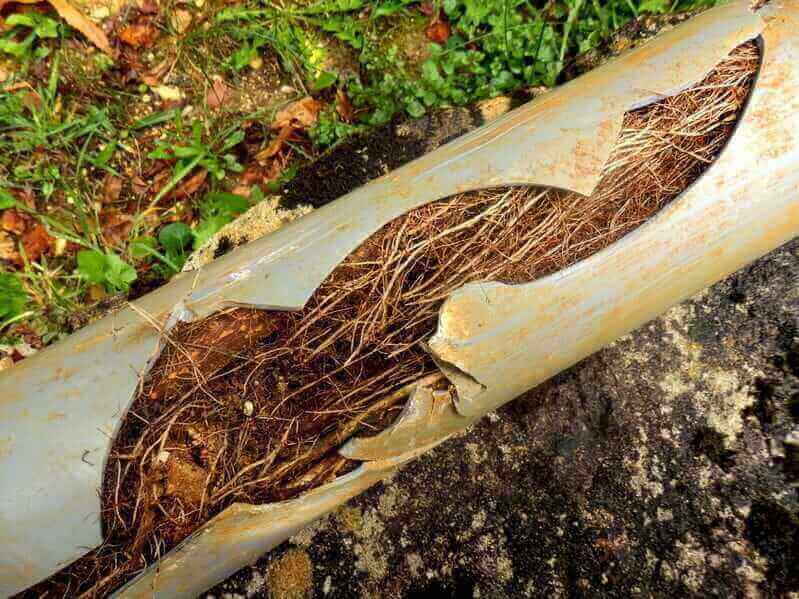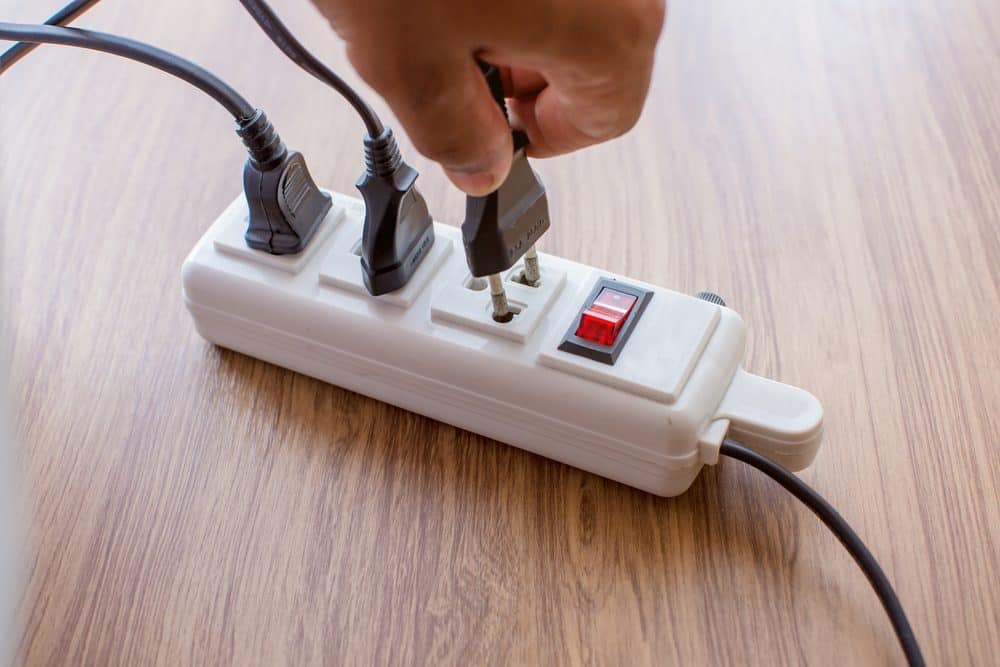What to Do if Your House Has a Structural Issue
Discovering a structural issue with your home can be an incredibly stressful experience. Whether you discover cracks in the walls, sounds that are out of the ordinary, or uneven surfaces it must be investigated immediately. Safety issues must be taken seriously.
If you are renting a house then your landlord should be the one to address any issues. If they do not follow proper procedure they may wind up liable to pay you compensation.
Observe and document
Although it can be hard to think logically in a stressful situation, it is important to observe and document everything you can see and hear. Pictures and videos are especially helpful as they show exactly what is happening in real time. Insurers and contractors alike will find these useful when helping to assess the situation.
You may also want to consider making a log of the issue as it progresses. Make note of the date you first discovered the issue, the size and what steps you have taken. This will be especially helpful if you are having to deal with a landlord or a letting agency.
Consult a structural engineer
Structural engineers are highly trained professionals who are responsible for designing and building homes, offices, stadiums and even hospitals. So, when something does occur that needs fixing they will be able to help you.
A structural engineer will start by examining the issue and making a note of any observations you have made whilst living there – this is where your log can be helpful. They will then go away and come up with a plan to fix the issue in the safest way whilst maintaining the integrity of the building. Make sure that your engineer explains their findings fully so you can understand what it means for your safety.
If you are a tenant, your landlord should be the one to organise this. It is important that you keep an open line of communication with your landlord so you can keep up to date with developments.
Address the issues
Before taking any further steps you should consult your insurance documents. You may be lucky and be able to get your insurers to aid you in the repairs, especially if you are a landlord. Equally, if you are renting you need to decide whether you want to move out or not. Some repairs may be invasive and noisy so it would be unpleasant living there.
If you ultimately decide to move out, you may need to look at your tenancy agreement. There may be a fee to end a tenancy agreement early however severe structural issues may be a way to counteract those fees. If you are unsure of your situation, contact an organisation such as Citizen’s Advice and they will be able to help you.







